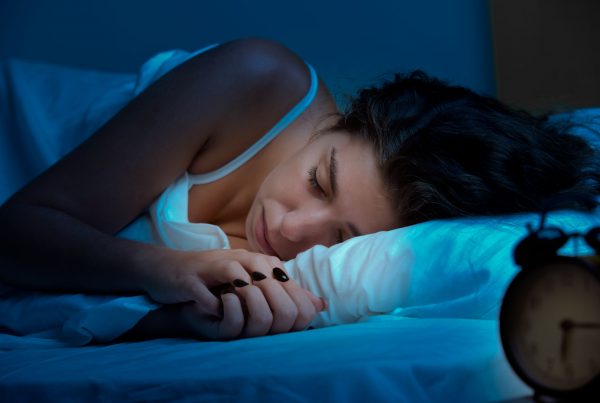”Alabama, do you get sick often? How do you think your sleep is? This week's article explains the connection between our sleep and immune system in addition how to build a strong immune system! We hope you find this helpful!
Reading Time: 5 Minutes
MWi Hacks:
- Find out the positives health benefits of napping
- Learn simple tactics to build a strong immune system
MWi Summary:
- Sleep deprivation can negatively affect your immune system and leave you susceptible to a bad cold or flu.
- Cytokines are a protein that target infection and inflammation. They are an important part of the immune system, and your body needs sufficient sleep to create enough cytokines.
- You can help make up for lost sleep with naps. However, it is ideal to sleep seven to eight hours of sleep each night.
- It is important to note that sleep is not the only lifestyle factor that can protect you against illness.
When it comes to your health, sleep plays an important role. While more sleep won’t necessarily prevent you from getting sick, skimping on it could adversely affect your immune system, leaving you susceptible to a bad cold or case of the flu. To keep yourself sniffle-free this season, here’s what you need to know.
Sleep and Cytokines
Without sufficient sleep, your body makes fewer cytokines, a type of protein that targets infection and inflammation, effectively creating an immune response. Cytokines are both produced and released during sleep, causing a double whammy if you skimp on shut-eye. Chronic sleep loss even makes the flu vaccine less effective by reducing your body’s ability to respond.
Stock Up on Naps
To stay healthy, especially during the influenza season, get the recommended seven to eight hours of sleep a night. This will help keep your immune system in fighting shape, and also protect you from other health issues including heart disease, diabetes, and obesity. If your sleep schedule is interrupted by a busy workweek or other factors, try to make up for the lost rest with naps. Taking two naps that are no longer than 30 minutes each —one in the morning and one in the afternoon—has been shown to help decrease stress and offset the negative effects that sleep deprivation has on the immune system. If you can’t swing a half-hour nap during the workday, try grabbing a 20-minute siesta on your lunch hour, and another right before dinner.
Other Healthy Tactics
Of course, there’s more to boosting your immunity and guarding against illness than getting ample sleep. It’s also important to practice smart stay-healthy strategies such as washing your hands with soap regularly, avoiding close contact with people who are obviously under the weather, and talking with your doctor about getting an annual flu shot. And remember: Even if you do come down with a case of seasonal sniffles, you’ll be able to bounce back faster if your body is well rested.
MWi would like to thank Sleep Foundation, for their expert insights shared on there website.
To read the original article, please follow this link:
https://www.sleepfoundation.org/articles/how-sleep-affects-your-immunity
More on the Author:
The National Sleep Foundation has been the preeminent expert voice in the world of sleep science and health for nearly thirty years. For twenty of those years, SleepFoundation.org served as the public face of the nonprofit, a platform for its acclaimed Sleep in America poll, as well as the sleep education and advocacy programs that remain the cornerstone of the Foundation’s work.






